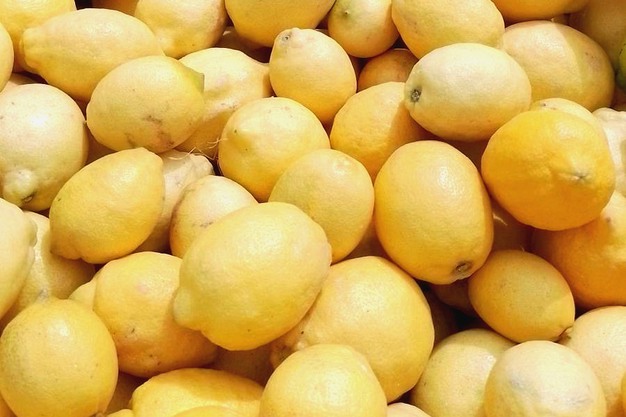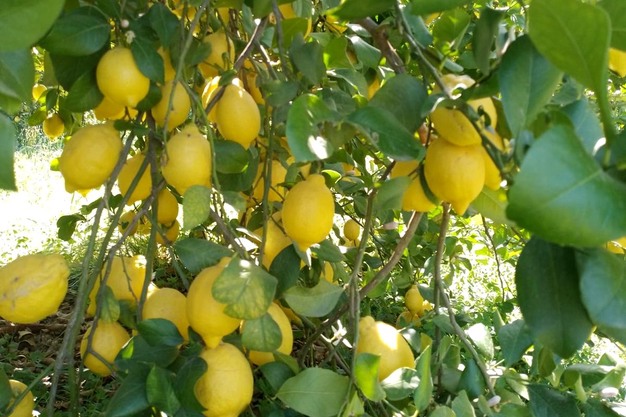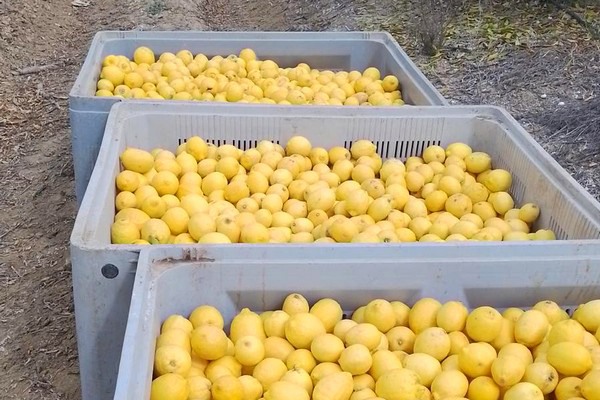For yet another week, lemon prices are reported to have fallen below the average of the last 5 seasons. In fact, in the last week of June, they stood 52% below, with a national average price of 0.18 €/kilo, according to data from the Spanish Ministry of Agriculture, Fisheries and Food.

Source: MAPA.Click to enlarge.
However, despite this notable drop at origin, the price difference with previous seasons in the next link in the chain stood 6.9% above the average in the last week of June, with a price of €1.12/kilo.
"After the Fino lemon season, in which large quantities of lemons were left on the trees due to competition from lemons from other countries, such as Turkey, the Verna season was supposed to be better. But for now, prices at origin stand below 20 cents per kilo. And this price is not the one paid for all the lemons on a farm, but only for those with enough quality to be exported," says Guillermo Aranda, Manager of SAT Cítricos Málaga. "That is to say, once the lemons of inferior quality or small sizes have been withdrawn. And this year, the lack of rainfall has resulted in not all sizes being suitable."

"The handling costs are obviously significant, but based on the final price of the lemons and how much the growers are being paid, we can deduce that traders are earning a lot of money this year, with a much more substantial margin than in other seasons. And producers are not seeing any of that."
The fact is that the situation in the first link of the chain has not been proportionally passed on to the next one, or to exports. According to official data supplied by the Ministry, the volume accumulated up to April was certainly 5.7% lower than the average of the last five seasons, but the value still remained at average levels.

"The irony is that in a few weeks, or perhaps even now already, lemons from overseas will arrive at the European market at a higher price and traders will pay for them. Large corporations and investment funds are doing business differently and have productions in South Africa, Argentina or Morocco, and since they have become involved in citrus growing, competition has become more difficult to face, because they themselves need to sell their export products, and that's cutting our margin," says Guillermo.
"There are fewer and fewer small businesses, or large businesses, that remain independent from funds or corporations. Meanwhile, they are growing bigger and bigger and are increasingly dominating the market. Has Spain planted too many lemons? Perhaps, and that will need to be regulated. We just need to see by whom. Besides, the Spanish production isn't the only one that has grown; the same can be said for the one from third countries, which ship their fruit to Europe at lower prices and without meeting the same food safety and social standards as the European fruit."

"Good prices are not only fair for the producers, but also help to ensure food security"
The Verna lemon season is progressing rapidly after a long Spanish lemon campaign, and will come to a close at the end of July/beginning of August. "If you ask me what could happen with the prices at origin in the remainder of the season, I will always try to be optimistic and hope that they will go up; because, in fact, there are plenty of reasons for the price of the quality fruit we produce to be higher than it is now," says Guillermo. "We grow fruit that is exceptional in every sense: visually, organoleptically and with unbeatable food safety."
"Good prices at the source are not only fair for the producers, but also help ensure the food security of tomorrow. The Red Sea crisis has shown us that certain events can prevent food from arriving from overseas, and we should not depend on imports when we can produce it here. This is something that every consumer should know and take into account in order to appreciate the food we produce in Spain even more."
For more information:
SAT Citrus Malaga
Road MÁLAGA-ÁLORA, KM. 19,6
29580 ESTACIÓN CARTAMA, Málaga, Spain
Tel.: +34 952 424 157
[email protected]










